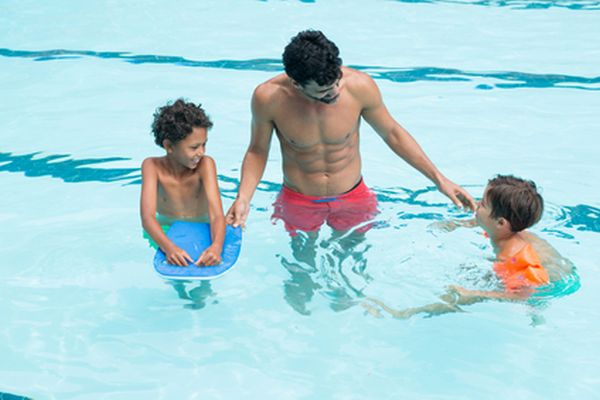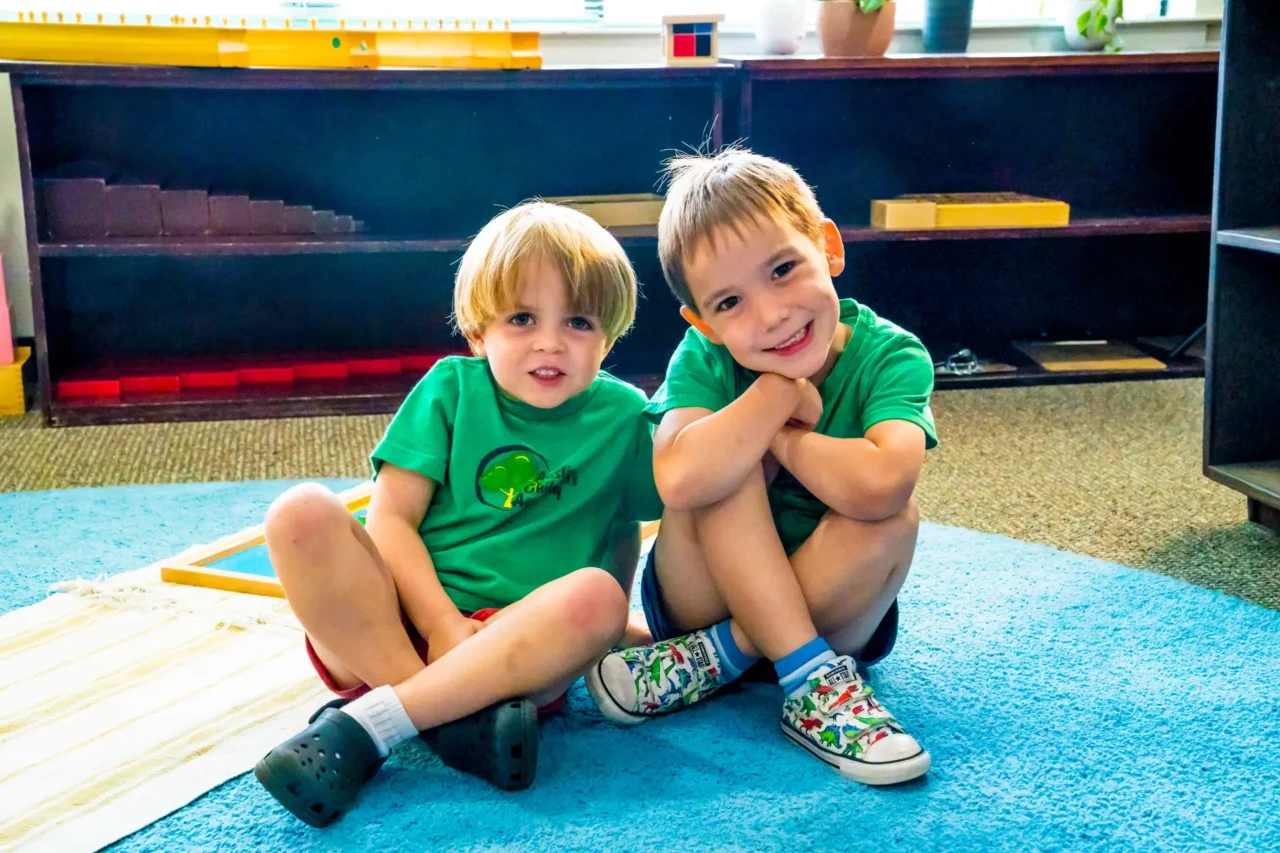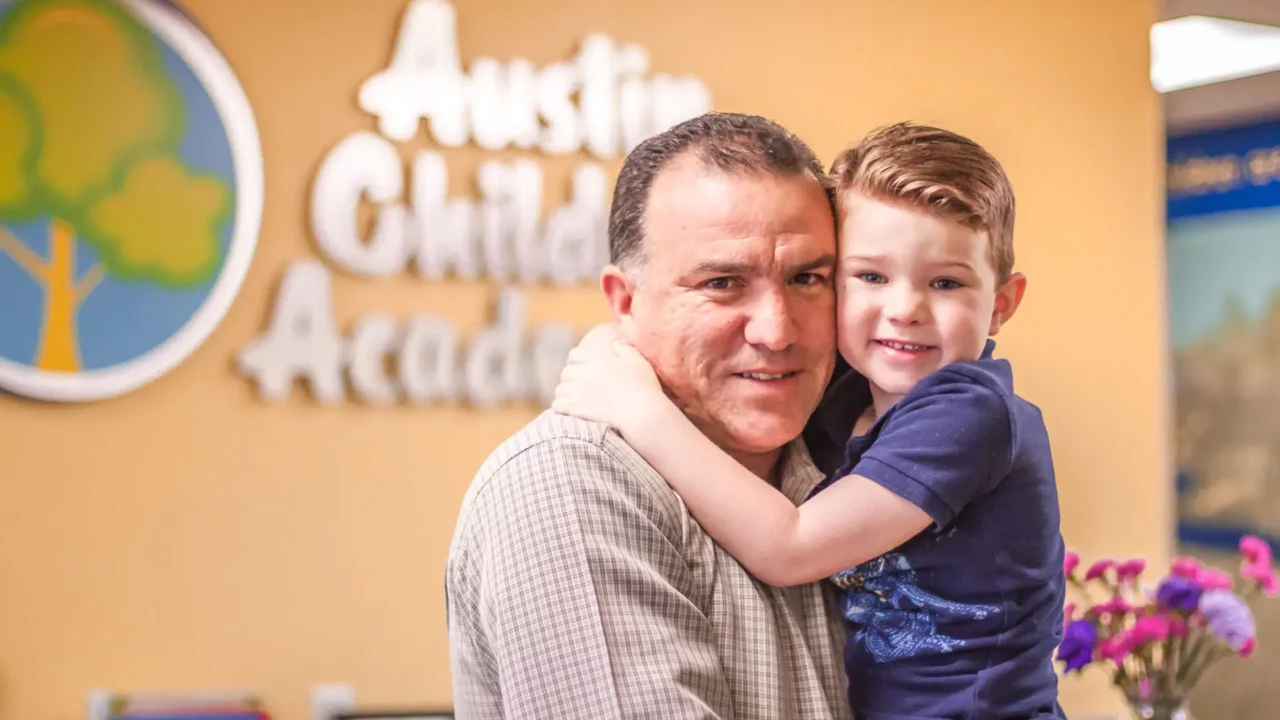
Maybe you have a pool in your backyard, or you live near a lake or river, and you’re concerned about the risks involved for a quick, adventuresome toddler. Maybe you just love water sports, boating, and swimming and can’t wait to share the joys with your own children with less worry. Maybe you’re concerned that if you start too late, or too early, that your child will be scared off or develop an aversion.
Learning to swim is important for everyone. So what age is best for lessons?
Freestyle At Four
The fact of the matter is that kids aren’t developmentally able to become proficient swimmers until they are about six or seven years of age. But it isn’t always wise to wait until they’re in first grade to hustle them to the local pool. Fortunately, they can start learning the basics of water safety much earlier.
The American Academy of Pediatrics has determined that the age when kids are developmentally ready to truly benefit from aquatic programs and swimming lessons is four.
Preschoolers In The Pool
But what if your child is younger, loves to be in the water, and is constantly kicking and splashing around?
For quite some time, the AAP looked gimlet-eyed upon any kind of water lessons for kids under the age of four. The AAP’s initial hesitation grew out of worry that preschoolers who become too comfortable in the water while with teachers and wearing flotation devices may then be more at risk for drowning due to a misplaced sense of security. After all, drowning is the #1 cause of unintentional injury and death for this age group.
Fortunately, further research revealed a reduction in the risk of drowning for this younger age group when they took aquatic safety classes. Armed with that research, the organization lodged no more objections to toddlers taking programs that aim to emphasize safety in the water, as well as basic preparation skills such as kicking, floating, etc.
When to initiate lessons depends a lot on your child’s sense of adventure and your family’s particular needs. One thing is for sure: Whether you start them at one, four, or seven, there’s still no substitute for constant adult supervision when your young child is in the water.






